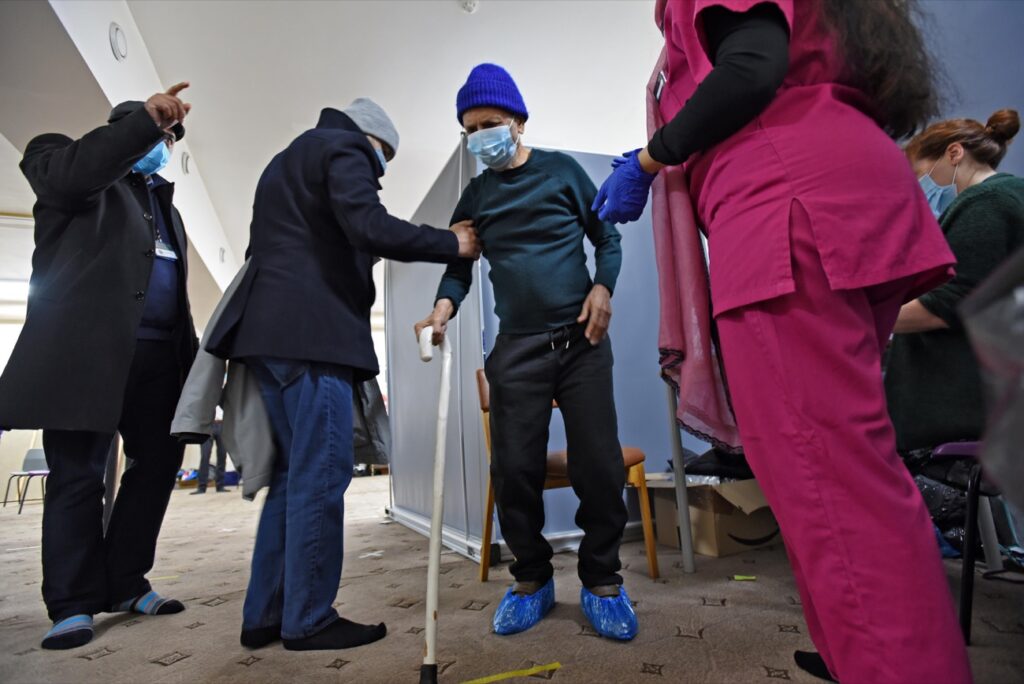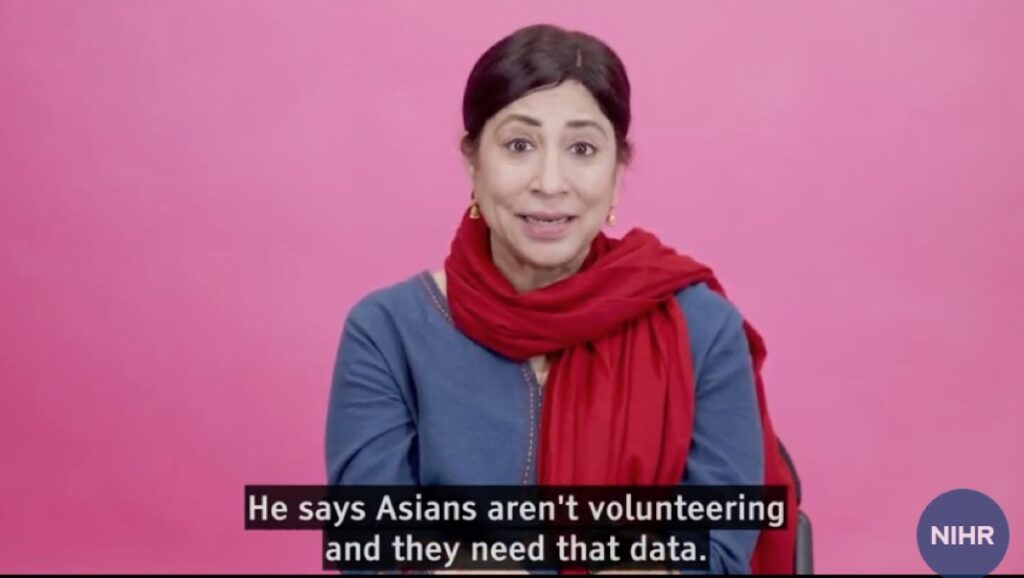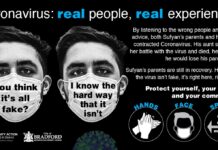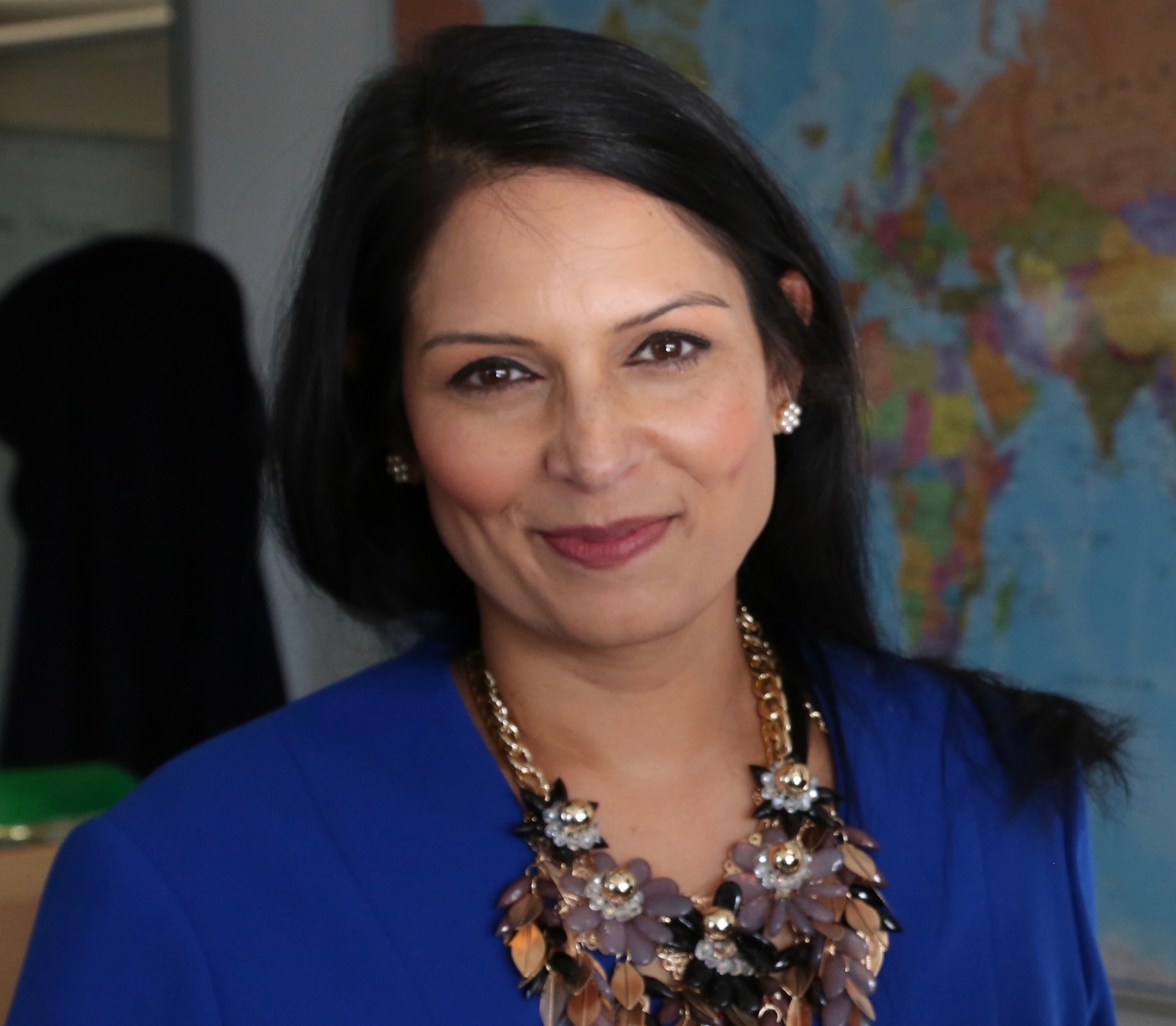Within my Muslim Pakistani community at the start of the pandemic, the biggest concern was that our community was going to be used as guinea pigs for experimental vaccines
BY: Dr Shamaila Anwar
“Addressing vaccine hesitancy among communities is as complex as fighting the pandemic itself. As the virus evolves, so does hesitancy.
Hesitancy is nothing new of course. My parents, who came to the UK from Pakistan in the 1960’s never used to consider having the flu jab, convinced it would affect their ability to build up natural immunity. Thankfully over time this has shifted, but it takes just that, time.
From the outset the evidence was clear: Black, Asian and minority ethnic (BAME) groups had higher rates of infection, serious disease, and deaths from COVID-19.
What was also clear was that there was a disconnect between the communities most at risk of COVID, and the actual demographic of participants being recruited to trials, a trend now echoed in uptake of the approved vaccines.
So in the face of such reluctance the question is how do we help communities understand the importance of their involvement in research and empower them to make informed decisions about vaccinations?
Within my Muslim Pakistani community in West Yorkshire at the start of the pandemic, the biggest concern was that our community was going to be used as guinea pigs for experimental vaccines, that corners had been cut in the development of the vaccines as well as more spiritual considerations such as how do we reconcile being part of a clinical trial with our faith?
The focus has now shifted to questions like will the vaccines affect my DNA or my fertility? All valid questions, all of which can be and have been answered by scientists but still the hesitancy continues, why?

Scratch beneath the surface and you find something deeper, a long standing mistrust of government institutions fuelled by historical marginalisation, structural racism and systematic discrimination. We are so focussed at times on the differences between communities we often overlook the similarities.
Almost all the communities that fall under this label of ‘BAME’ were part of the British Empire, and were invited to the UK to bolster its economy in the 1950’s and 60s on the promise of a better life which was anything but idyllic. The life they found was full of racism, discrimination and injustice.
We are talking here about decades of disparity in health, education, wealth, freedom and of course safety.
So is it any wonder then that these communities will not forsake their lack of trust in the system and now find themselves at the mercy of the anti-vax movement who have preyed on their existing anxieties around a vaccine; that our communities have been poorly treated, there is no doubt.
We don’t need to look far back in the past to see this. It is less than a century ago that the scandal of the US Tuskegee study took place which ran for 40 years from 1932. And for the Nigerian community, memories of the 1996 anti-meningitis drug trial in which appropriate parental consent procedures were not followed and which resulted in eleven children dying has not faded.
For me, we will only fully begin to serve our communities and establish trust in organisations when we acknowledge our past failings and don’t ignore their concerns. It is about educating and empowering people to make informed choices and providing tailored information about vaccines to address the different cultural beliefs and concerns people hold.
That’s is why I got involved in Team Halo. My colleagues and I engage with and listen to communities to understand their concerns and produce videos on TikTok to support people through their vaccine journeys.
We seek to educate and answer concerns about COVID-19 vaccines with factual, scientific, and culturally relevant answers. By searching for #TeamHalo on social media we hope people will find videos that will resonate with them and answer their questions with accurate scientific answers.
Getting the message out there shouldn’t be left just to medical experts, but to people in every community, young and old. Over the last few weeks it has been brilliant to see everyone in our communities coming together and making a concerted effort to ensure everyone understands the importance of vaccinations and has access to correct information.
We all have our spheres of influence we now need to tap into to support one another and ensure the information we forward on to friends and family is accurate – verify before you amplify!”
Dr Shamaila Anwar is a Science Communicator and Team Halo Guide. She has a PhD in epidemiology and a background in the development and management of clinical trials. Shamaila is interested in understanding health inequalities and improving science and health literacy through community engagement.
COVID and Me – Vaccine mini dramas

The ‘COVID and Me’ series of films have been co-developed with the community for the community to build public awareness and trust in COVID-19 vaccine research. These help support people through their journey of vaccine hesitancy, and make informed choices about COVID-19 vaccination and taking part in vaccine research.
They focus on communities who are disproportionately affected by coronavirus infection (including Black, Asian and minority ethnic groups, older people, those with existing health conditions etc) and help explain the importance of taking part in vaccine trials.
Each drama uses powerful storytelling based on real lived experiences. It is hoped that these will open up conversations about vaccines and vaccine research in our communities.
Prof Sue Pavitt, Executive Producer ‘COVID and Me’ and NIHR National Specialty Lead said: “We have listened to the community’s concerns and beliefs to create a poignant set of films that highlight the different challenges, decisions and fears individuals’ face when deciding whether to take part in vaccine research.
“These are based on people’s experiences so are factual but embellished in order to better convey key messages and rebut misinformation. We have learnt that researchers need to build trust and communicate better the benefits of taking part in vaccine research.”
The films were commissioned by the NIHR and produced in partnership with the University of Leeds and the Theatre of Debate, and are available in Punjabi, Urdu and Bengali. To find out more visit: https://bepartofresearch.nihr.ac.uk/covid-and-me-vaccines/













